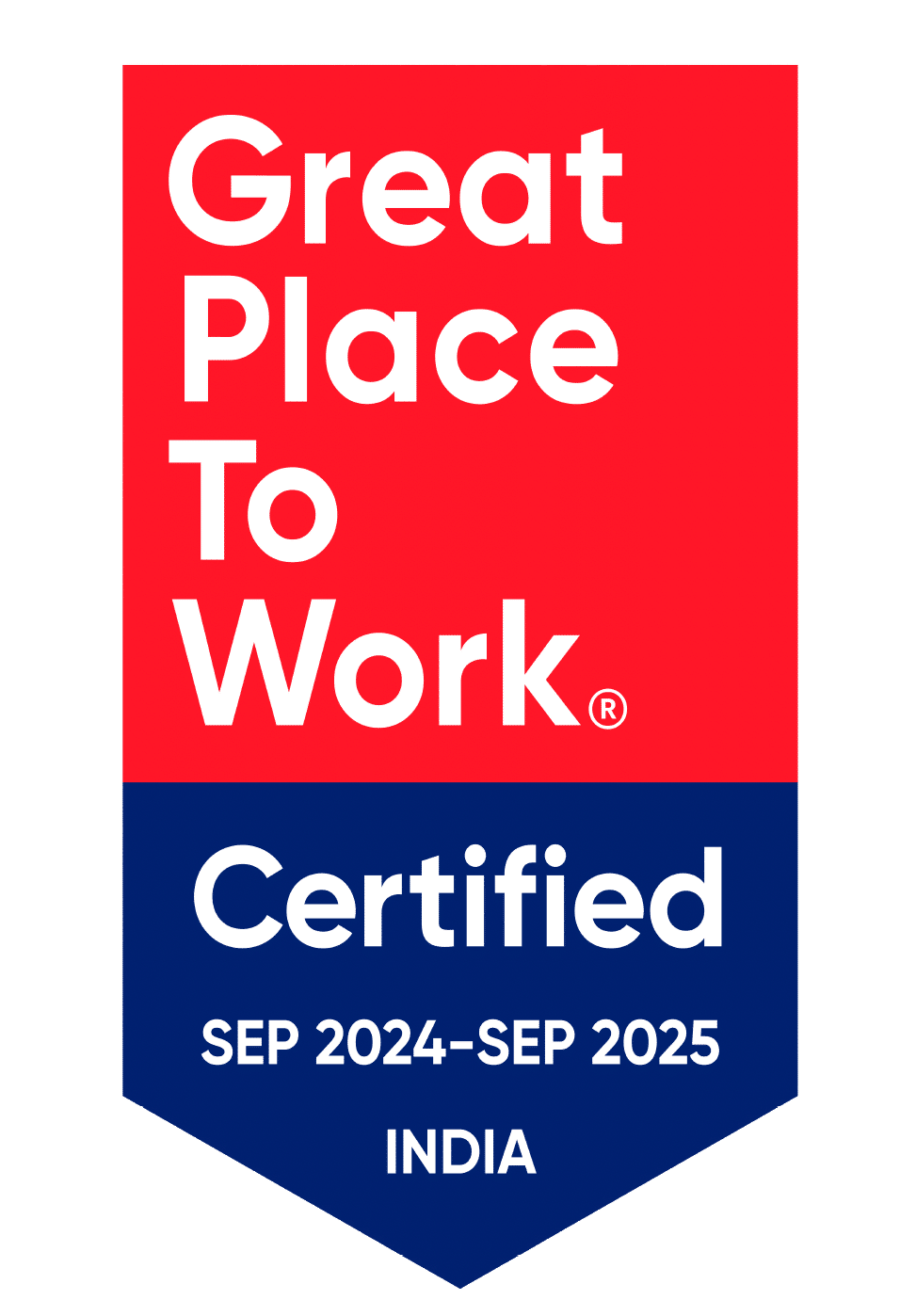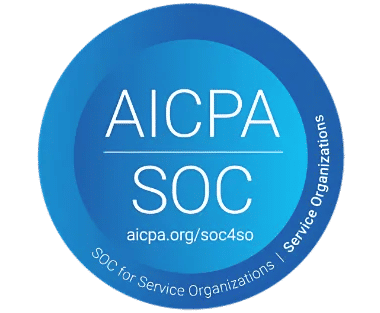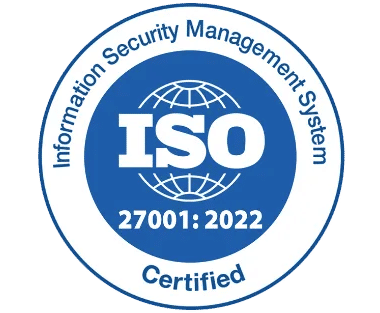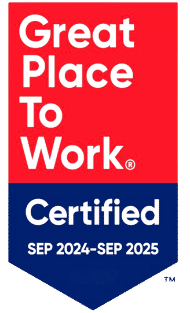Why HR Recruitment Software is the Backbone of Modern Hiring?

Finding the right recruitment software simplifies your hiring process. In a changing job market, suitable tools help you find the best talent and save time on tasks.
No matter the size of your business, the right HR recruitment software can speed up hiring, lower costs, and improve efficiency.
Importance of HR Recruitment Software:
This software makes life easier for both local governments and citizens by saving time, improving communication, and keeping cities running smoothly.
- Instant Issue Reporting: Citizens can report problems through a mobile app, cutting down phone calls and enabling real-time updates for faster fixes.
- Seamless Request Management: Every request is tracked from start to finish, ensuring quick resolutions and better service.
- Self-Service Solutions: A user-friendly portal, knowledge base, and automated responses help citizens find answers and resolve issues without waiting.
Automates Repetitive Tasks
- The Best recruitment software helps by automating time-consuming tasks like reviewing resumes, scheduling interviews, and tracking candidates.
- With less focus on routine tasks, HR teams can spend more time on important things like connecting with candidates and making better hiring decisions.
- Automation also helps manage candidates more easily, making sure no one is overlooked.
Improves Candidate Experience
- Recruitment software keeps candidates informed with regular updates and makes communication easy. This ensures candidates stay engaged and feel valued throughout the hiring process.
- When candidates have a smooth experience with clear communication, it helps build a positive image of your company.
- A good experience reflects well on your brand, which can attract top talent and improve your company’s reputation as an employer of choice.
Enhances Efficiency
- By automating everyday tasks, recruitment software allows HR staff to spend less time on administrative work and more time on important decisions that shape the future of the company.
- This leads to a faster and smoother recruitment process. With less focus on repetitive tasks, HR teams can make better decisions, connect with the right candidates quickly, and fill positions faster.
- As a result, the whole recruitment experience becomes more efficient, saving time and effort for everyone involved.
Common Challenges
Without HR Recruitment Software, your hiring process may face several hurdles. Here is what businesses usually struggle with:
Time-Consuming Processes:
- Manually reviewing resumes and scheduling interviews can take up a lot of time, slowing down the hiring process.
- Recruitment tools help by automating these tasks, so HR teams do not have to spend hours sorting through resumes or coordinating interview schedules.
- With these tasks taken care of automatically, the process becomes much faster. This not only speeds things up but also allows HR staff to focus on making better hiring decisions, ensuring that the right candidates are chosen more efficiently
Disorganization:
- Without a central system to manage everything, keeping track of candidates can get messy and confusing. It is easy to lose important details or miss follow-ups.
- A good HR recruitment system solves this problem by storing all candidate information in one place. This makes it easy to stay organized, track progress, and follow up with candidates at the right time.
- With everything in one system, HR teams can work more smoothly, ensure no candidate is forgotten, and improve the overall hiring experience.
Poor Candidate Experience:
- When communication is slow or updates are unclear, Candidates can feel upset, which might affect their perception of your company. This can lead to a negative experience and even cause top talent to lose interest.
- By using automated messages and updates, you can keep candidates informed at every step of the process.
- Whether it is confirming their application, scheduling interviews, or providing status updates, automation ensures they always know what to expect.
Unfair Decision-Making:
- Without structured data, the hiring process can be influenced by biases, leading to unfair decisions. This can happen if recruiters rely on gut feelings or personal preferences rather than clear, objective information.
- Recruitment tools solve this problem by using data-driven insights to evaluate candidates. By focusing on facts like skills, experience, and qualifications, these tools help ensure that decisions are based on what truly matters.
Benefits
It provides many advantages that can greatly improve the way your business hires new employees. From saving time and reducing manual work to finding the right candidates more easily, it helps make the hiring process faster, smoother, and more effective.
Time Efficiency:
- Automating tasks such as resume screening and interview scheduling saves HR teams a lot of time that would otherwise be spent on routine administrative work.
- Instead of manually sorting through resumes or coordinating interviews, these tasks are handled quickly and efficiently by the software.
- By speeding up the process, HR teams can focus on making important decisions and improving the overall hiring experience, leading to better outcomes for the company.
Improved Candidate Quality:
- Smart recruitment tools help you evaluate candidates based on important factors like their skills, qualifications, and how well they align with your company’s values and culture.
- This makes the selection process more straightforward and transparent. Instead of relying on subjective opinions, these tools provide clear insights into each candidate’s strengths and potential.
Enhanced Candidate Experience:
- A smooth, quick recruitment process helps candidates feel respected and valued. When candidates receive regular updates, automated responses, and timely interview scheduling, they know their application is being taken seriously.
- This keeps them engaged and informed at every stage, reducing uncertainty and frustration. Candidates appreciate clear communication, which makes them more likely to stay interested in the role.
Better Decision-Making:
- Recruitment software gives HR teams valuable data and insights that help them make smarter, more informed decisions. By tracking important metrics like how long it takes to hire someone (time-to-hire) and the quality of candidates, HR teams can better understand their hiring process. These insights allow them to see what is working well and where improvements can be made.
Scalability:
- The best recruitment software helps your company handle growth without sacrificing the quality of your hiring process.
- As your business expands and the number of job openings increases, the software ensures that recruitment remains smooth and efficient.
- It can easily manage a larger volume of candidates and streamline the process, making it possible to attract and hire top talent quickly, no matter how big your company gets.
How to Choose the Right HR recruitment Software:
Choosing the right HR recruitment software is crucial to ensuring your hiring process runs smoothly. Here are key things to consider when making your decision:
AI Integration:
- When choosing recruitment software, it’s important to look for features that use Artificial Intelligence (AI), such as resume screening and candidate ranking.
- AI helps automate time-consuming tasks, like going through hundreds of resumes, by quickly identifying the best candidates based on key skills and qualifications.
User-Friendly Interface:
- A clean, easy-to-use interface is essential for both HR teams and candidates. The software should be simple to navigate, so everyone can quickly learn how to use it without a lot of training.
- When the system is easy to understand, HR teams can spend less time teaching others how to use it and more time focusing on hiring.
Customization Options:
- Every company has its own way of handling recruitment, and it is important to choose software that can be tailored to your specific needs.
- Look for software that allows you to customize key aspects of the process, such as job postings, workflows, and communication with candidates. This way, you can set up the system to match your business style and ensure that everything runs smoothly.
Integration with Other Systems:
- It is important to choose recruitment software that works well with the other HR systems your company is already using, like your applicant tracking system (ATS), HR information system (HRIS), and job boards.
- When the software integrates smoothly with these systems, it allows data to flow easily between them, saving time and reducing errors.
Cost-Effectiveness:
- While there may be an initial cost to implement an HR recruitment system, it can lead to significant long-term savings.
- By making the hiring process more efficient and faster, the software helps you fill positions quickly, reducing the time and resources spent on recruitment. It also helps lower turnover by ensuring you hire the right candidates who are a better fit for the job and company.
Features
Automated Resume Screening:
- With automated resume screening, the software quickly filters and ranks resumes based on key qualifications such as skills, experience, and education. This speeds up the shortlisting process, allowing HR teams to focus only on the most relevant candidates.
- By automatically sorting through resumes, it also reduces human error, making the process more accurate.
AI-Driven Analytics:
- AI-driven analytics provide valuable insights into your entire hiring process, helping you understand what is working well and where there is room for improvement.
- By analyzing data such as time-to-hire, candidate quality, and interview performance, the software helps you make smarter, more informed decisions.
Centralized Database:
- A centralized database keeps all candidate information in one place, so HR teams do not have to search through different files or systems to find details.
- Whether it is resumes, interview notes, or candidate feedback, everything is stored in an organized way, making it easy to access and manage.
Mobile-Friendly Interface:
- It is important that your recruitment software works well on any device, whether it is a computer, tablet, or smartphone. This ensures that both candidates and HR teams can stay connected and manage tasks from anywhere.
- For candidates, it means they can apply for jobs, schedule interviews, and communicate with HR on the go, making the process more convenient for them. For HR teams, having mobile access means they can review resumes, track candidates, and make decisions, even when they are not at the office.
Making Recruitment Smarter with AI:
AI is changing the way businesses find and hire employees. It helps companies sort through resumes faster, match candidates to job openings more accurately, & even schedule interviews automatically. With AI, hiring becomes quicker, more efficient, and less stressful for both recruiters and job seekers.
Predictive Analytics:
- AI-driven predictive analytics use data from past hiring trends to help HR teams predict future hiring needs.
- By analyzing things like hiring patterns, job turnover, and industry trends, the software can give you a clear idea of how many new hires you might need and when. This allows HR teams to plan, ensuring they are always ready to meet future hiring demands.
Chatbots
- AI-powered chatbots are a helpful tool that can assist candidates throughout the hiring process. These chatbots can quickly answer common questions, like details about job roles or application status, providing instant support to candidates.
- They can also help schedule interviews, send reminders, and ensure that candidates stay engaged by keeping them updated on the next steps.
Conclusion
In conclusion, using HR recruitment software is essential for businesses that want to attract and hire the best talent. By automating repetitive tasks, improving communication with candidates, and offering useful data insights, these tools help HR teams make better decisions. This leads to faster, more efficient hiring and helps build strong, high-performing teams that drive business success.
Ready to improve your hiring process?
Discover modern recruitment tools that simplify hiring, expand your candidate pool, and help you make smarter decisions. Book a demo today!
Frequently Asked Questions
1. What is HR recruitment software?
HR recruitment software is a tool that helps HR departments manage the hiring process more efficiently. It automates important tasks such as reviewing resumes, scheduling interviews, and keeping track of job applicants. Instead of sorting through applications manually, HR teams can use this software to quickly find the best candidates.
2. How does the best recruitment software improve hiring?
The best recruitment software helps HR teams by automating repetitive tasks, making the hiring process faster and more efficient. It takes care of things like sorting resumes, scheduling interviews, and sending follow-up emails. This allows HR professionals to focus on important decisions, such as selecting the right candidates and building strong teams.
3. Can an HR recruitment system help with candidate selection?
An HR recruitment system helps companies make better hiring decisions by using data and analytics to evaluate candidates fairly. Instead of relying only on opinions, it looks at skills, experience, and other important factors to find the best fit for the job. This reduces bias in the hiring process & ensures that decisions are based on facts rather than personal preferences.
4. What features should I look for in the best recruitment system?
When choosing a recruitment software, look for features that make hiring easier and more efficient. Automated resume screening helps quickly filter and shortlist candidates based on qualifications. Data-driven insights provide valuable information to make better hiring decisions. A centralized system stores all candidate details in one place, making it easy to track progress.
5.How can AI improve recruitment software?
AI improves the hiring process by using smart technology to make recruiting faster and more efficient. Predictive analytics helps HR teams analyze past hiring data to find the best candidates for a job. Natural language processing makes resume matching more accurate by understanding keywords and phrases in applications.










_svxLrd-8yH.png)

_2VYSFUTN5m.png)

_JiluXJRGNl.svg)

_2djTKNocf.png)





_Rapo0hRMBy.png)










